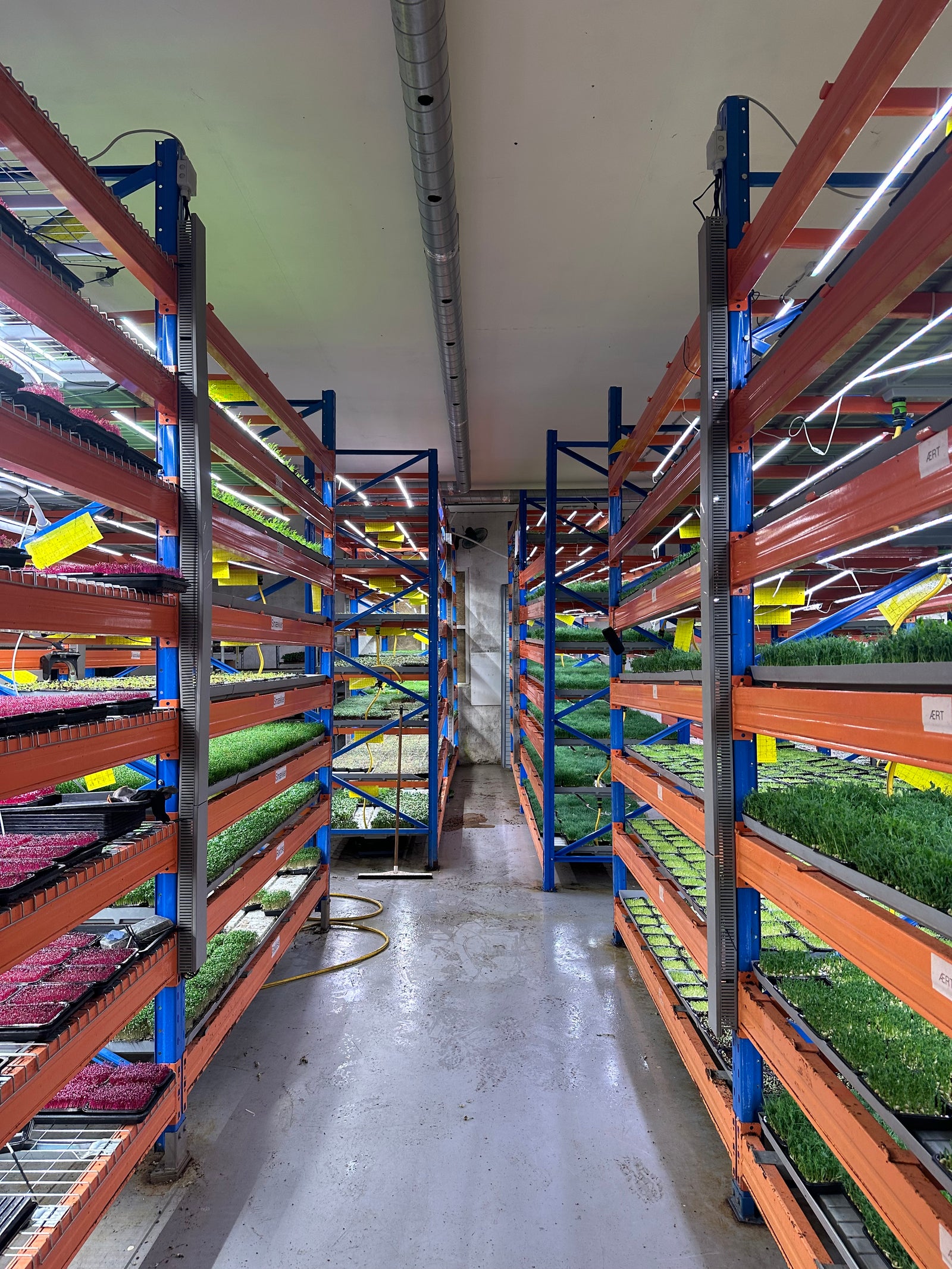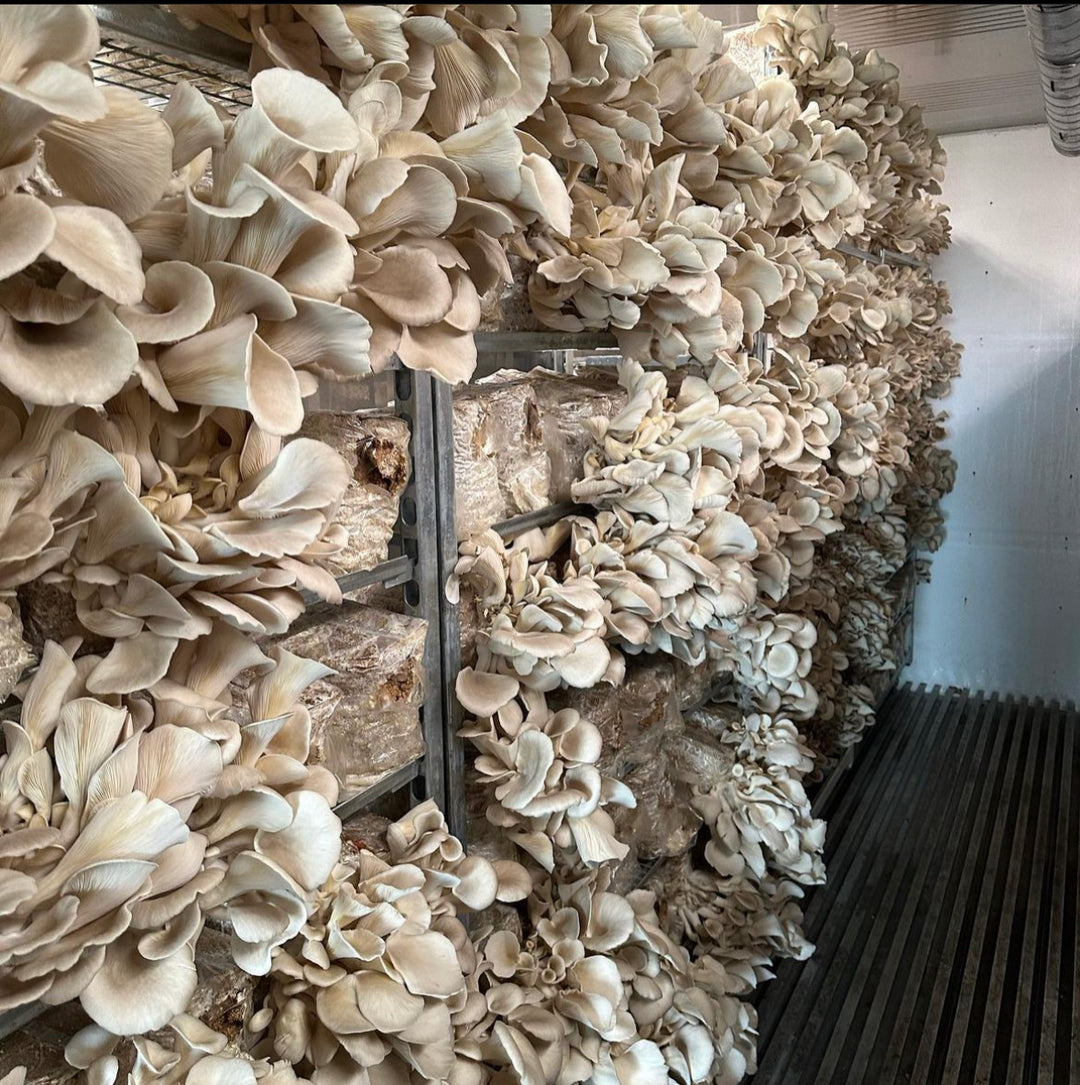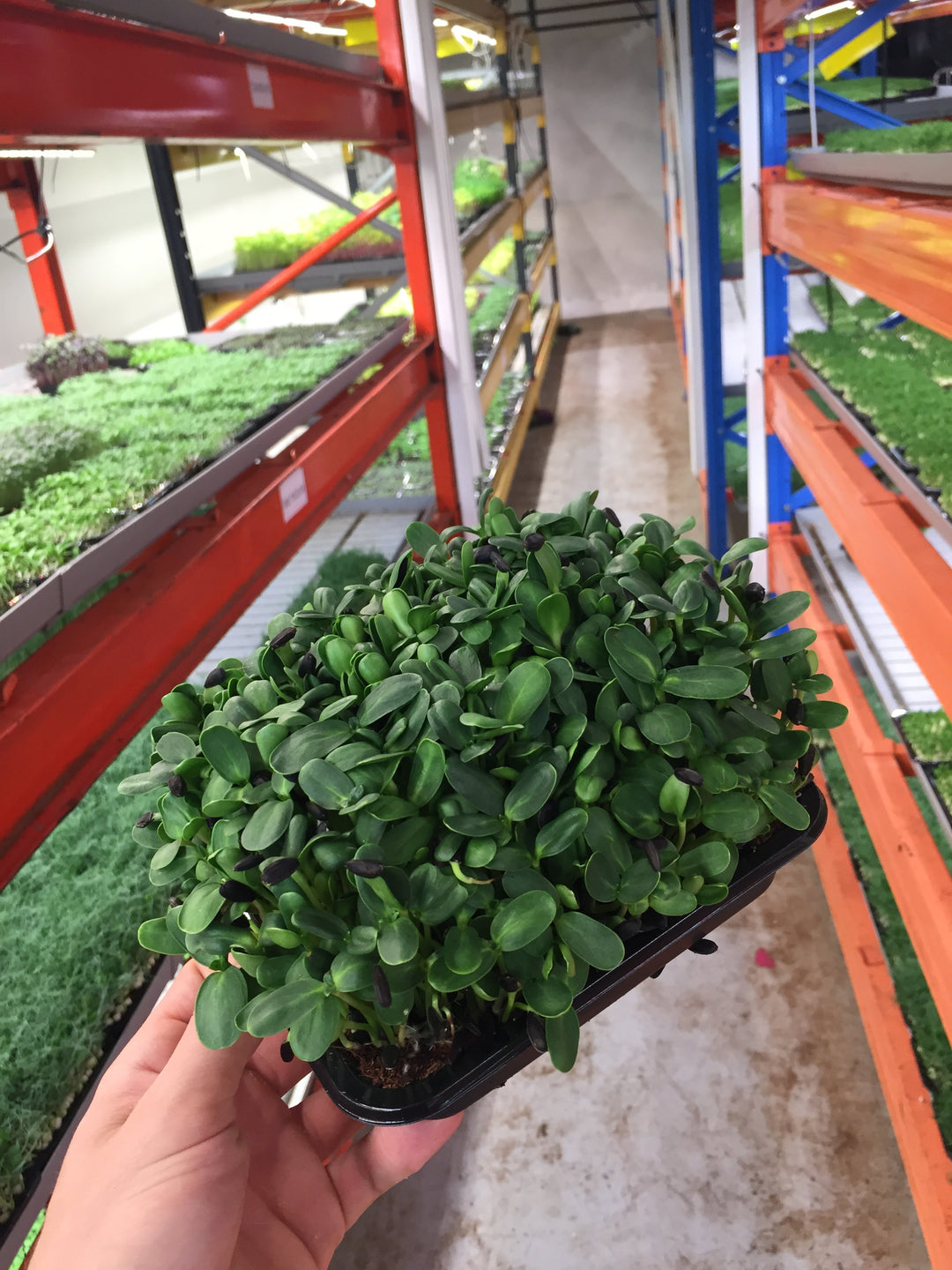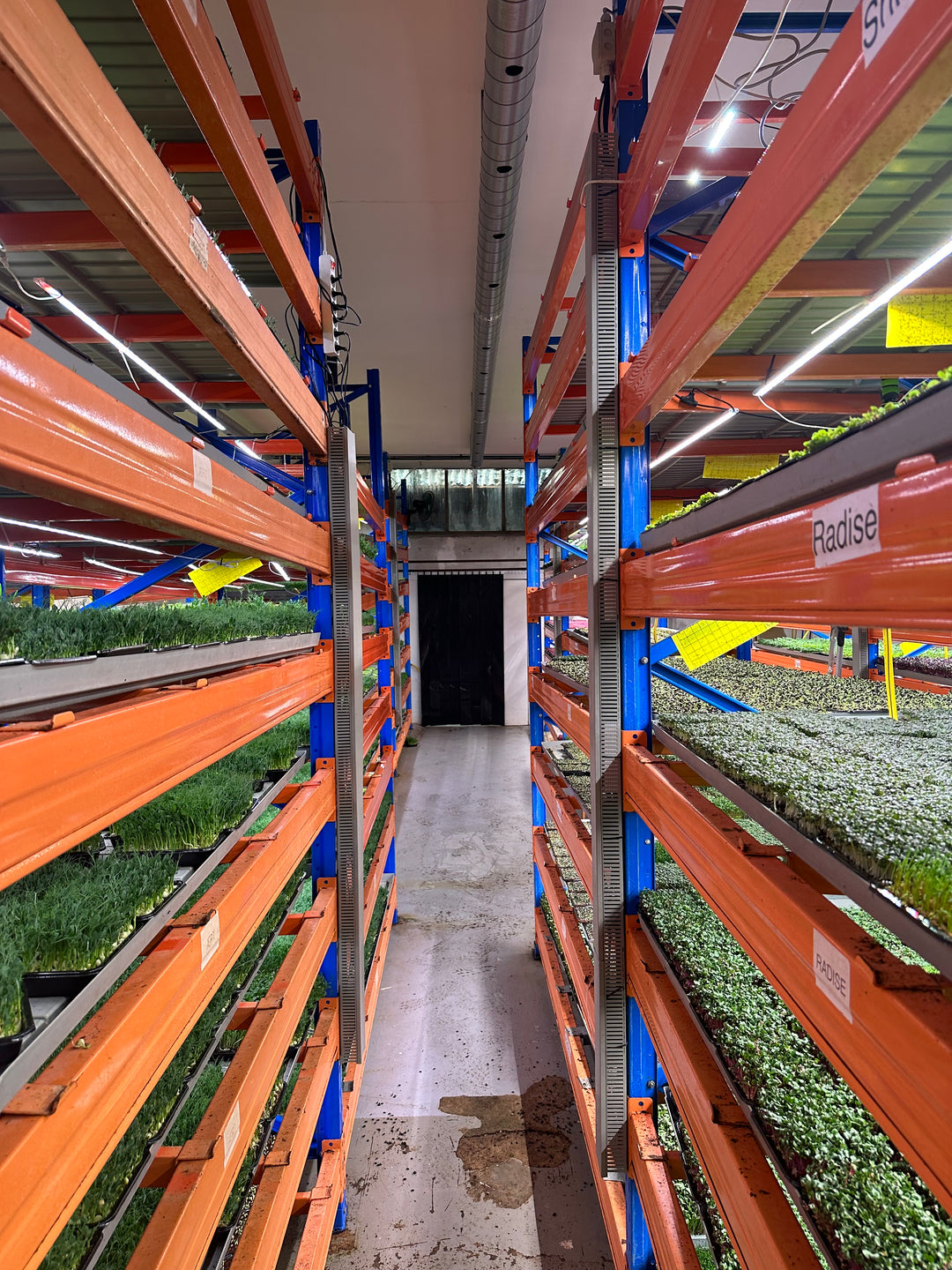Energy Efficiency in Indoor Farming

Energy efficiency is a critical factor in the economic viability and sustainability of indoor farming operations. By implementing energy-efficient technologies and practices, indoor farmers can reduce their energy consumption, lower operating costs, and minimize their environmental impact.
Technologies for Energy Efficiency
LED Lighting: Light-Emitting Diodes (LEDs) are significantly more energy-efficient than traditional lighting sources like fluorescent or incandescent bulbs. They also offer greater control over the light spectrum, allowing for optimal plant growth.
Energy-Efficient HVAC Systems: High-efficiency heating, ventilation, and air conditioning (HVAC) systems can reduce energy consumption while maintaining optimal growing conditions.
Insulation and Sealing: Proper insulation and sealing of the indoor farming facility can help to reduce heat loss and gain, improving energy efficiency.
Renewable Energy Sources: Consider integrating renewable energy sources such as solar panels or wind turbines to power your indoor farm.
Smart Controls: Implement smart control systems to automate lighting, temperature, and humidity, optimizing energy usage based on real-time data.
Practices for Energy Efficiency
Optimizing Lighting: Adjust lighting levels based on the specific needs of different plant stages and varieties. Use sensors to automatically adjust lighting based on light intensity and plant growth.
Temperature Management: Carefully control temperature levels to minimize energy consumption for heating and cooling. Consider using passive cooling techniques, such as natural ventilation or shade, when appropriate.
Humidity Control: Monitor and control humidity levels to prevent excessive moisture loss or condensation. Use dehumidifiers or humidifiers as needed.
Air Circulation: Ensure proper air circulation within the growing space to maintain optimal conditions and prevent the buildup of moisture and mold.
Regular Maintenance: Regularly maintain equipment and systems to ensure they are operating efficiently.
Case Studies and Success Stories
Vertical Farms in Urban Areas: Many urban vertical farms have successfully implemented energy-efficient technologies and practices, demonstrating the potential for significant energy savings.
Research and Development: Ongoing research and development efforts are focused on developing even more efficient technologies for indoor farming.
By adopting energy-efficient technologies and practices, indoor farmers can significantly reduce their energy consumption and improve the sustainability of their operations. This not only benefits the environment but also helps to ensure the long-term viability of indoor farming as a viable food production method.


